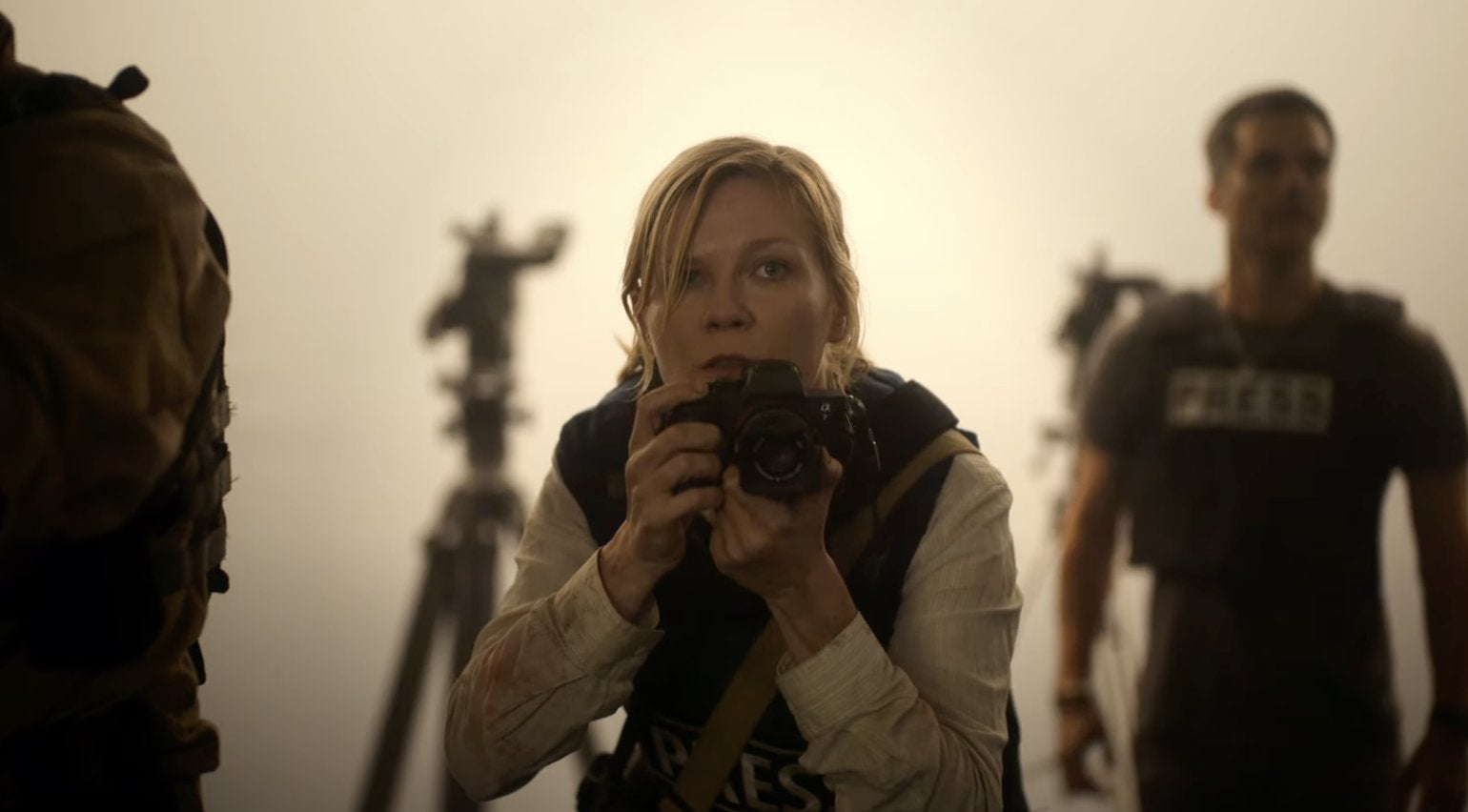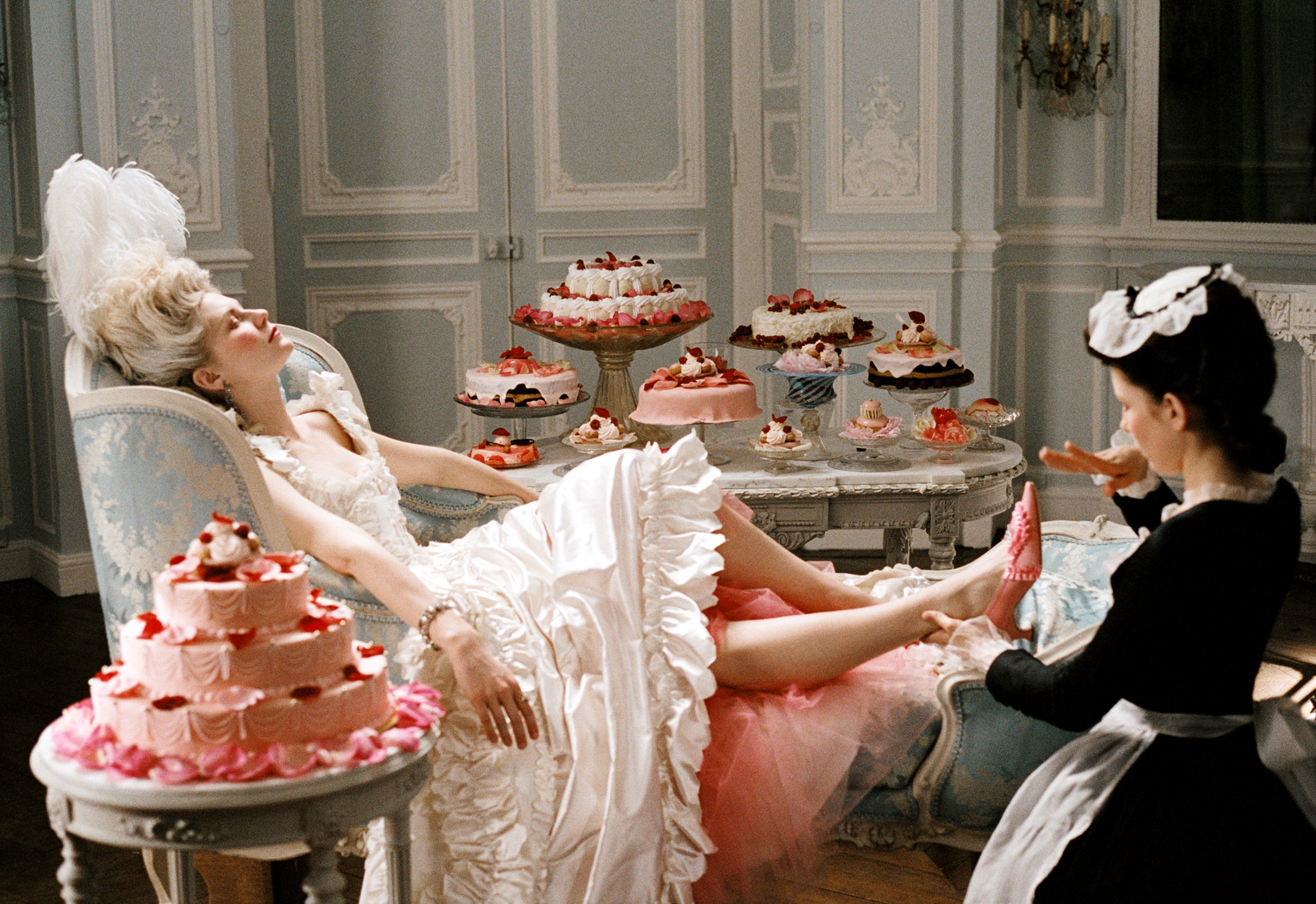Kirsten Dunst says she was asked ‘inappropriate’ question by male director at audition
The actor credits her mother with keeping her safe from the ‘predatory side of the business’
Hollywood actor Kirsten Dunst has opened up about an incident where she faced “an inappropriate question” from a male director while auditioning for a role.
Dunst reflected on the incident, which took place when she was 16, in a new interview, explaining that it occurred during an audition for a very sought-after role.
“A male director had me in his office, by myself, and was asking me about this movie he wanted me for, and then, completely out of the blue, asked me this inappropriate question,” she told The Telegraph.
Dunst, who appears in new thriller Civil War, chose not to elaborate or name the director.
“Honestly, I’m not even sure he’s still working any more. It’s not something I like to reflect on. But I will say what he said was nothing to do with acting. And it wasn’t that what he said was just ‘a bit off’. It was totally improper. And I remember sitting there and knowing that something was wrong, but with no idea what I should do”.
Dunst credits her mother with keeping her safe from the “predatory side of the business”.
“I was only able to avoid that predatory side of the business because wherever I went, my mother was literally always right there.”
After the audition, Dunst recalled telling her mother what happened, who withdrew her immediately.

“That was the end of it. She withdrew me from the process and told them I wouldn’t be making the film”.
Dunst began her career when she was three years old, and made her first feature film debut playing a minor character in Woody Allen’s short film Oedipus Wrecks, part of the anthology film New York Stories. She gained recognition in 1994, playing child vampire Claudia, with Brad Pitt and Tom Cruise, in the Anne Rice adaptation nterview with the Vampire. She went on to star in Little Women, Jumanji, Bring It On, before she gained star status playing Mary Jane Watson in the Spider-Man trilogy opposite Tobey Maguire.
She is currently promoting upcoming A24 film Civil War, where she stars as a military-embedded photojournalist documenting post-apocalyptic America.
Dunst talks about how the conversations around the inequality between male and female actors in the film industry have changed within the duration of her career, and says that this was “just something no-one even thought to question”.
She said she was paid less than her male co-stars, despite the fact that she had starred in films with more box-office success.
“When I was cast in Spider-Man, I had just had this big hit with Bring it On – so, you know, I was actually bringing something to the table. But I had no awareness of that, nor even that the fact I was being paid much, much less than Tobey [Maguire] might be unfair. So it wasn’t as if I was turning up to the set every day feeling bad about it. It was just something no-one even thought to question”.
In a previous interview with The Independent, Dunst remembered the “pay disparity” between herself and Maguire.
“The pay disparity between me and Spider-Man was very extreme,” she said.

Dunst also brings up how the disparity in pay isn’t the only issue in terms of sexism in the industry.
Speaking to the BBC, she brought up Sofia Coppola’s 2006 Marie Antoinette biopic, which was panned by critics at the time of its release but has now gained a near-cult following, Dunst says, “The people that were watching that movie were my age, they weren’t movie reviewers. Movie reviewers were old men. So to me, the people that enjoyed Marie Antoinette have now grown up and are like ‘We loved this movie’ but they weren’t the people writing the reviews”.
“We grew up in a world where it’s man-kind, man-made, man this, man that, that’s how we grew up”.
In a previous interview with Variety, she mentioned how she didn’t speak up about things that bothered her earlier
“It was a joke, but on Spider-Man, they would call me ‘girly-girl’ sometimes on the walkie-talkie. ‘We need girly-girl.’ But I never said anything, Like, don’t call me that!”
Dunst said that “you didn’t say anything” on sets at that time, especially before the #MeToo movement.
“You just took it”.
Join our commenting forum
Join thought-provoking conversations, follow other Independent readers and see their replies
Comments
Bookmark popover
Removed from bookmarks